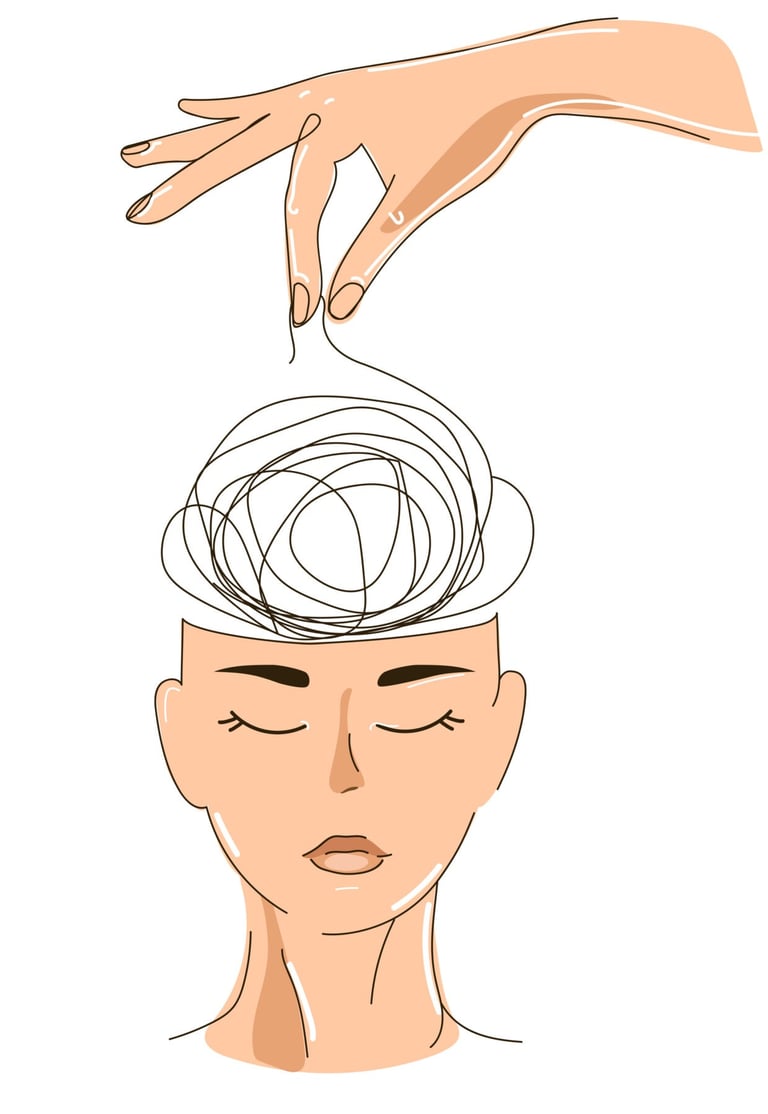Services Offered


Individual Therapy
During therapy sessions, Rachael hopes to create a secure, professional, and supportive relationship to work collaboratively with you to identify goals and use her evidence-based practices to support your mental health needs. Sessions typically are an hour long and the frequency of session will be dependent on your need and recommendations.
Diagnostic Assessments
Mental health diagnostic assessments are essential tools used by professionals to evaluate an individual’s psychological well-being. The results of these assessments help clinicians identify specific mental health disorders, understand the severity of symptoms, and formulate personalized treatment plans. By offering a structured approach to understanding complex mental health issues, diagnostic assessments foster more effective interventions and support for individuals seeking help. Ultimately, they play a crucial role in enhancing mental health care by ensuring that patients receive appropriate and timely support tailored to their unique needs.
EMDR
Eye Movement Desensitization and Reprocessing (EMDR) helps the brain heal emotional wounds by neutralizing negative thoughts and feelings that have developed from past traumatic events. As a result, thoughts and feelings are not as likely to flood your mind and disrupt new life experiences. By using bilateral stimulation, EMDR helps your brain reprocess previous traumatic events. This allows your mind to digest the information leading to less distress when recalling those events. Your brain knows what it needs to heal. EMDR sessions require less interactive talking between the therapist and client, and oftentimes the client is briefly updating the clinician on new insights, thoughts, images that come up during the process. Sessions typically last 60 minutes varying in the amount needed to complete the EMDR process, with an average of 8-12 sessions. This therapeutic approach targets a broad spectrum of mental health diagnoses.
TF-CBT
Trauma-Focused Cognitive Behavioral Therapy (TF-CBT) is a structured, evidence-based treatment model designed to help children and adolescents, along with their non-offending caregivers, overcome the effects of traumatic experiences such as abuse, neglect, or exposure to violence. It combines cognitive behavioral principles with trauma-sensitive interventions to address symptoms of post-traumatic stress, anxiety, depression, and behavioral issues. TF-CBT focuses on enhancing coping skills, emotional regulation, and cognitive processing, while also including the development of a trauma narrative and gradual exposure to trauma reminders. Caregivers are actively involved throughout the process to support the child and reinforce skills at home. The model typically spans 12 to 20 sessions and emphasizes restoring a sense of safety, trust, and resilience in both the child and family.
renewedperspectivesllc@gmail.com
507-884-5358
231 S. Main Street
Pine Island, MN 55963
